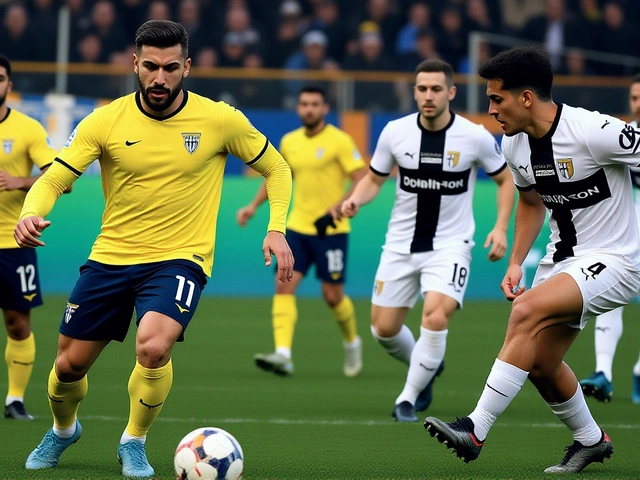Morocco 2025: What’s Happening in Urban Agriculture?
If you’re curious about how Morocco is tackling food security in its cities, you’re in the right spot. 2025 is shaping up to be a turning point, with the government, startups, and local neighborhoods all pushing greener, smarter ways to grow food.
Key Policies Driving the Change
First up, the new National Urban Farming Blueprint launched early this year. It gives tax breaks to rooftop farms, eases land‑use permits for community gardens, and funds schools that want to start hydro‑hydroponic labs. The goal? Add at least 15 % of fresh produce to city markets by the end of 2025.
Another big move is the partnership between the Ministry of Agriculture and the Moroccan Renewable Energy Agency. They’re installing solar‑powered irrigation systems in low‑income districts, slashing water use by up to 40 % while keeping yields steady.
Tech and Community Projects on the Ground
Tech startups are buzzing. AgriCasablanca rolled out a low‑cost sensor kit that plugs into a farmer’s phone, showing real‑time data on soil moisture and nutrient levels. Farmers can now tweak watering schedules without guessing, saving water and money.
Meanwhile, grassroots groups like Rooftop Roots Marrakech have turned dozens of flat roofs into veg patches. They grow tomatoes, bell peppers, and herbs using vertical towers that fit on a 10‑square‑meter roof. Volunteers harvest twice a week, split the produce with nearby schools, and sell the rest at local markets.
If you’re wondering how these projects stay afloat, the answer is simple: community funding and micro‑loans. The Moroccan Urban Farming Fund offers loans as low as 2 % interest for up to three years, targeting young entrepreneurs who want to start mini‑greenhouses.
Education is also getting a boost. High schools in Rabat now have “Urban Farm Labs” where students learn to grow lettuce in hydroponic trays. Kids get hands‑on experience, and the schools reduce cafeteria costs by up to 20 %.
All these efforts are starting to show results. Early 2025 data reports a 12 % increase in fresh produce sales in Casablanca’s city center compared to 2023. That’s a clear sign that urban farms are not just a fad—they’re becoming a reliable food source.
Of course, challenges remain. Water scarcity is still a concern in the southern regions, and scaling up rooftop farms in dense neighborhoods can be tricky because of building codes. But the government’s new “Flex‑Build” regulations now allow modular garden kits to be installed without lengthy approvals, cutting red tape dramatically.
So, whether you’re a farmer, a city planner, or just someone who loves fresh tomatoes, Morocco’s 2025 urban agriculture scene has something for you. Keep an eye on policy updates, watch local startups launch new tools, and consider joining a community garden. The next bite of home‑grown lettuce might just come from a rooftop a few blocks away.






